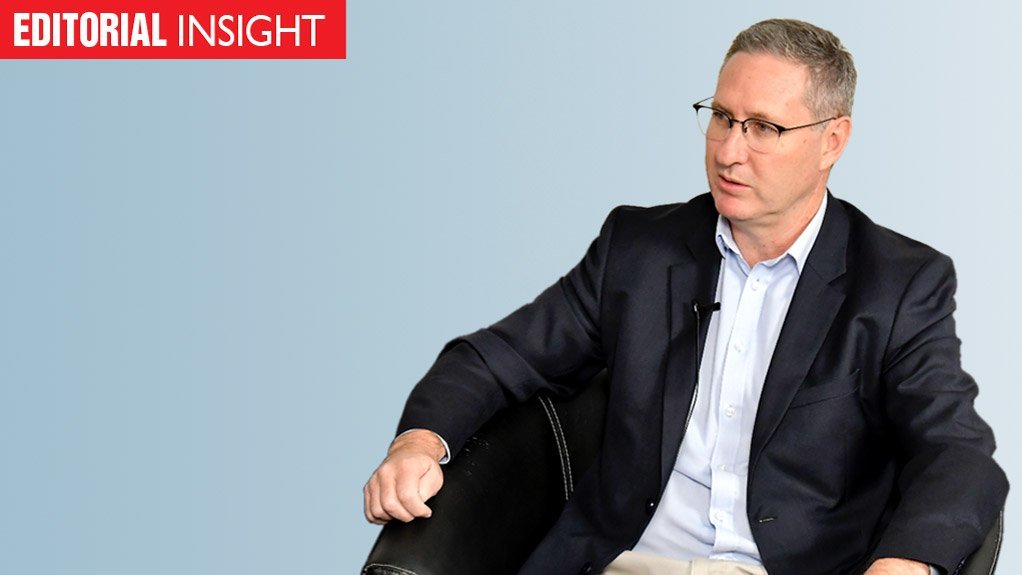The so-called second phase of the partnership launched between government and business to tackle South Africa’s electricity, logistics and crime crises under the Government of National Unity (GNU) has been generally welcomed.
For President Cyril Ramaphosa, the extension of the partnership, which was first initiated during the Covid pandemic, is politically sensible for a number of reasons.
Firstly, it ensures a sense of continuity from his previous administration into the GNU, whose members are supportive of the reforms that have been pursued under Operation Vulindlela.
Secondly, it provides an immediate programme around which the GNU can rally and, potentially, make some early wins. There is particular promise in an area such as freight logistics, where some important groundwork has been laid, but where implementation has not yet fully started.
Thirdly, the partnership and support for the reform agenda will mean that there will be fewer questions raised about the so-called ‘Super Presidency’ built during the sixth administration. Instead, the continuation of structures developed inside The Presidency to support the reform agenda will be regarded as necessary for ongoing delivery.
Fourth, Ramaphosa sees real potential to cement his legacy by leveraging the partnership to place South African on a higher- growth trajectory, following more than a decade of what was not only a sub-par economic performance but one that saw South Africa’s growth rate decouple from many other countries in the region and from its middle-income peers. The setting of an immediate goal to raise growth to over 3% from 2025, while difficult to achieve, underlines that ambition, as did Ramaphosa’s appeal for business and government to start raising their gaze to even higher levels of growth in future.
The partnership with business also has a fifth political benefit, however. It dilutes the ability of individual GNU parties to claim sole credit for any of the successes, as credit will have to be shared with CEOs of private companies and State-owned enterprises, all of whom will point to the President as the catalyst for the changes.
This form of sharing credit is already evident in the positive strides made to end loadshedding. Although Eskom and business have both highlighted their own important roles in tackling the growth-sapping power cuts, they do so with reference to the President’s decision to launch the Energy Action Plan and the National Energy Crisis Committee.
For the other GNU members who want to prove to the electorate that they are indeed making a difference, the reforms arguably present the best opportunity for them to do so, with developments at Home Affairs already an early signal of what is possible.
The more they succeed, the harder it will be to leave, despite widening cracks in areas such as health, education and municipal governance.
Indeed, Ramaphosa himself has described the pursuit of growth associated with the reforms as the “glue” that will hold the GNU together for longer than the 100 days-plus that the administration has now navigated.
Edited by: Terence Creamer
Creamer Media Editor
EMAIL THIS ARTICLE SAVE THIS ARTICLE
ARTICLE ENQUIRY
To subscribe email subscriptions@creamermedia.co.za or click here
To advertise email advertising@creamermedia.co.za or click here













